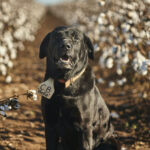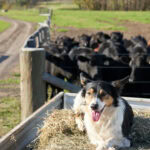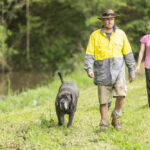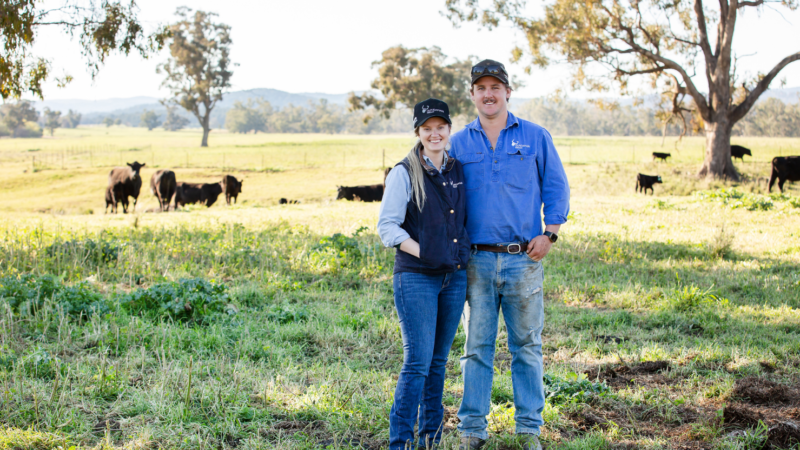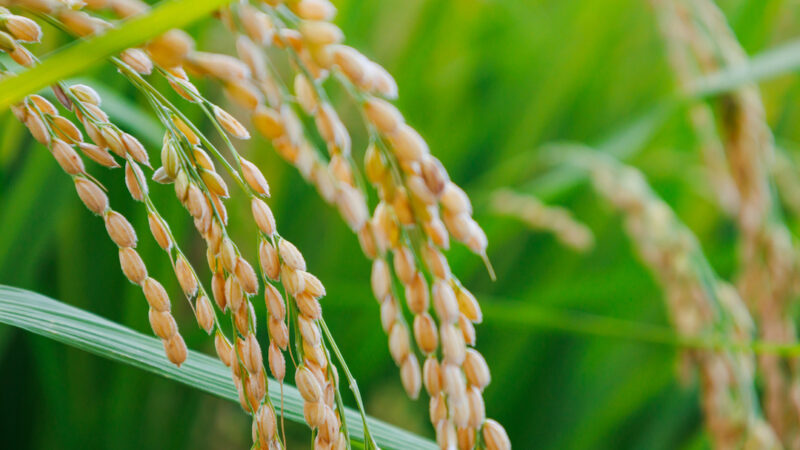Winston lives on a cotton farm near Delungra. He's in the market for a girlfriend…
Protecting your farm data

A fresh Australian Farm Data Code is set for release next year to facilitate innovation in agriculture by ensuring farmers have confidence in how their data is collected, used and shared.
The Code was first developed and adopted by the National Farmers� Federation (NFF) in consultation with industry in 2020, but the ever-advancing world of digital agriculture has inspired a refresh of guidelines for service providers and farmers.
NSW Farmers Ag Science Committee member Hamish Munro said management of farm business data does need transparency to both protect it and to allow farmers to get optimal value from the data for farm planning.
�Farmers want to know how the data collected by machinery, satellites and sensors is being used, and who it�s being shared with. They also need to have some control in that process,� Hamish said.
�We really don�t want any uncertainty for farmers to stymie the adoption of digital innovation.�
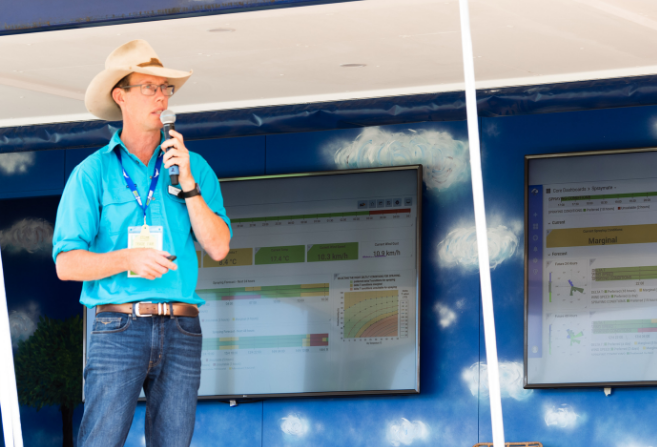
Hamish represented NSW Farmers on the NFF�s Farm Data Code working committee and was able to provide input both as a farmer from Molong and agritech service provider. He is founder of Pairtree Intelligence, and agritech company that was one of the first to fully align their policies and practices with the Code.
�For me, the whole data code is about transparency or where, who and what the data is getting used for. As long as the farmer understands that they can see whether there is value it for them and that is not always about a monetary value.�
Hamish Munro
The Code is a voluntary initiative for best practice farm data management. Farmers can choose to use the Code as a tool to inform their farm data negotiations and decisions with service providers. It is not mandatory for farmers or service providers to adopt in their operations.
Chair of the NFF�s working committee, Andrea Koch, said they did take some learnings from farm data codes in place in the US and New Zealand.
�Australia has come in late with a code, but we learned a lot from what they have done,� Ms Koch said.
�The US was the first to move on introducing principles for farm data management in 2015. New Zealand and Europe have also introduced codes in recent years.
�We did do a comparative study on all three of those other codes, but Australia is very unique, and we wanted to build our farmer-centric code.�
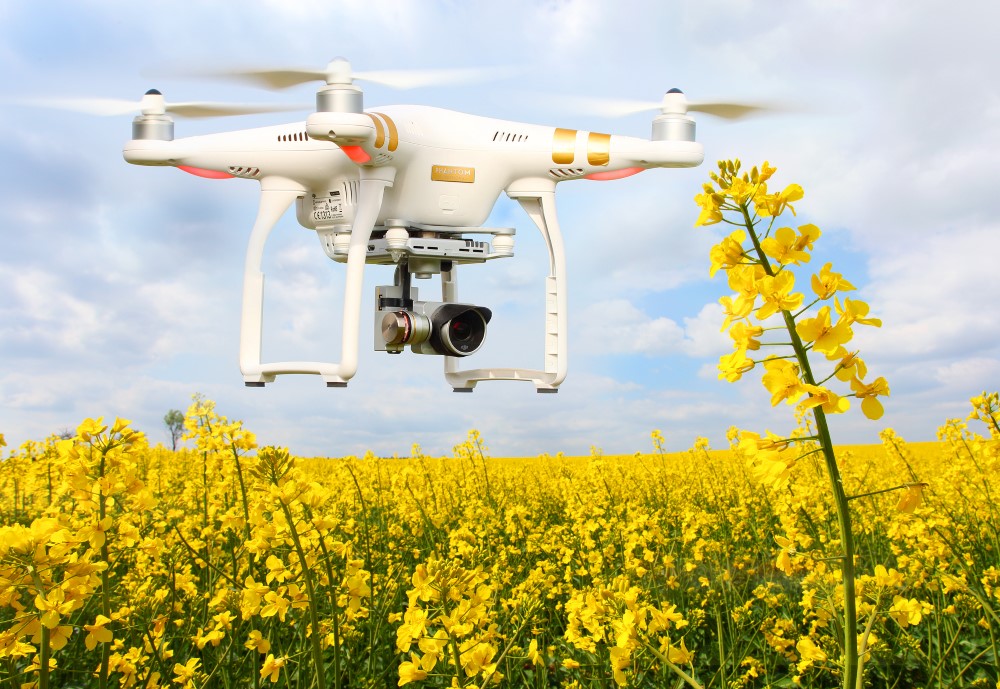
Ms Koch said a 2017 Australian project called The Precision 2 Decision that identified trust as a key barrier to technology adoption in the farm sector also inspired action on developing a code.
�One of the project�s key findings was that we don�t have the data governance frameworks to ensure that a farm businesses data is protected.
�That uncertainty would hold back the adoption of digital technology on farms, so it was recommended to develop a national farm data code.�
A working group comprising farmers, agri-tech providers, industry exports, researchers and lawyers was established in 2018 and set about developing a code of conduct for farm data.
�We came up with a set of six principles to guide service providers and farmers when it comes to the generation, use and sharing of farm data. They are transparency, fairness, farmer control, portability, compliance and security.
�The first version was launched in 2020 at EvokeAg. We then got some funding from the Federal Department of Agriculture to employ a data policy manager to assist us with reviewing the code and to put a certification process in place.
�We are currently in the pilot phase for the certification process, with plans to launch it in the new year with the updated version of the code.�
The new version is being tested to ensure it stood up to complex scenarios such as contracts involving multiple parties and new technologies like blockchain.
Ms Koch said data security has also emerged as an important aspect to update in the code, given the recent serious security breaches at major companies like Medibank and Optus.
Farmer data can also be targeted by online scammers. Read more here.


